Happiness is not an ideal of reason, but of imagination
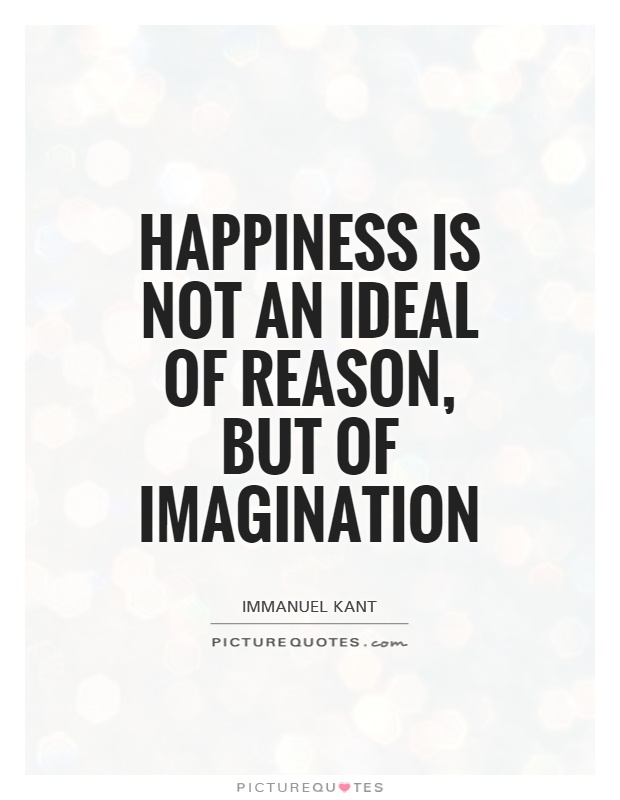
Happiness is not an ideal of reason, but of imagination
Immanuel Kant, a renowned German philosopher, is often associated with his theories on reason, morality, and the nature of human understanding. One of his most famous quotes, "Happiness is not an ideal of reason, but of imagination," sheds light on his views on the concept of happiness and its relationship to human cognition.Kant believed that reason was a powerful tool for understanding the world and making moral decisions, but he also recognized the limitations of reason when it came to achieving happiness. In his view, happiness was not something that could be rationally pursued or attained through logical means. Instead, he argued that happiness was a subjective experience that was shaped by individual desires, emotions, and imagination.
According to Kant, happiness was not a universal ideal that could be objectively defined or measured. Instead, it was a personal and subjective state of being that was influenced by a person's unique perspective and imagination. In other words, happiness was not something that could be achieved through reason alone, but was instead a product of the individual's creative and imaginative faculties.
Kant's assertion that happiness is an ideal of imagination rather than reason has profound implications for how we understand and pursue happiness in our own lives. It suggests that happiness is not something that can be achieved through logical reasoning or rational calculation, but is instead a deeply personal and subjective experience that is shaped by our desires, emotions, and imagination.
By emphasizing the role of imagination in the pursuit of happiness, Kant challenges us to think beyond traditional notions of success and fulfillment. Instead of relying solely on reason and logic to guide our decisions and actions, he encourages us to tap into our creative and imaginative capacities in order to cultivate a deeper sense of happiness and well-being.


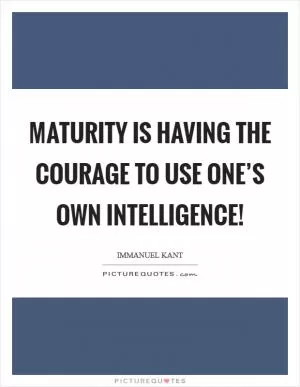




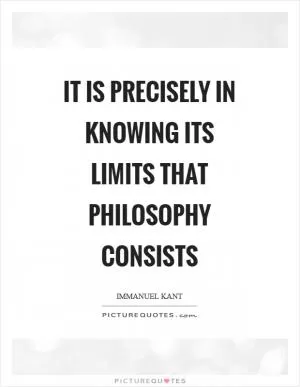
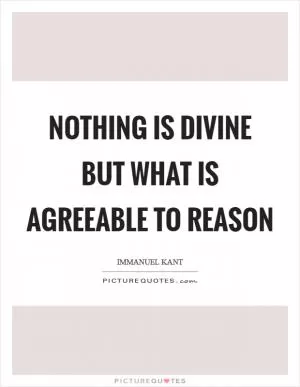
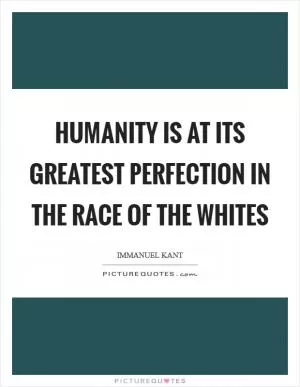
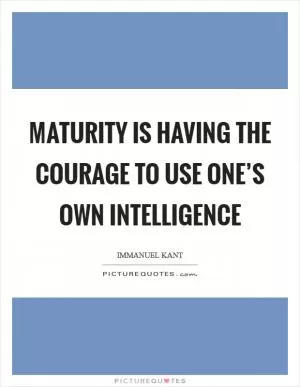

 Friendship Quotes
Friendship Quotes Love Quotes
Love Quotes Life Quotes
Life Quotes Funny Quotes
Funny Quotes Motivational Quotes
Motivational Quotes Inspirational Quotes
Inspirational Quotes